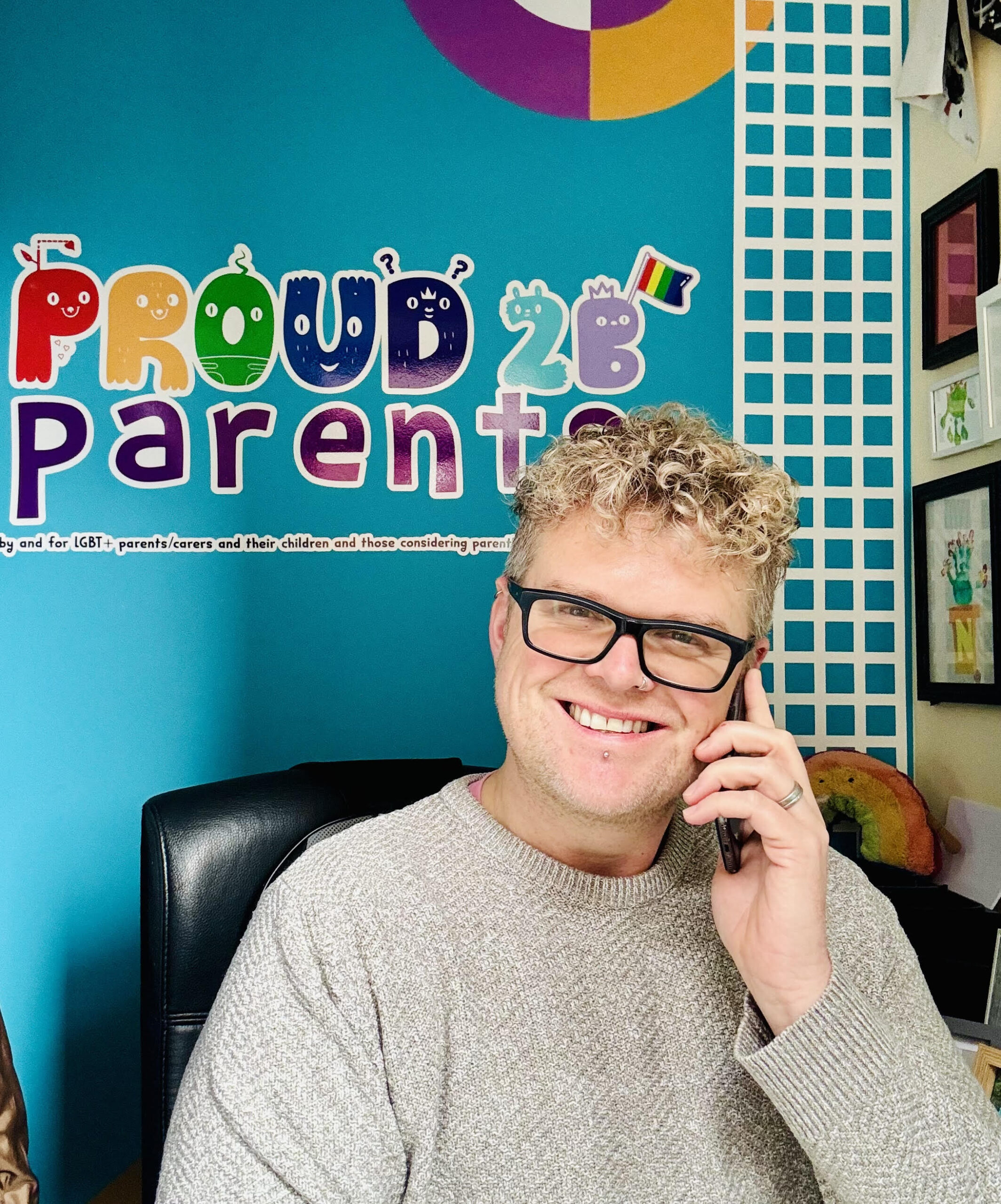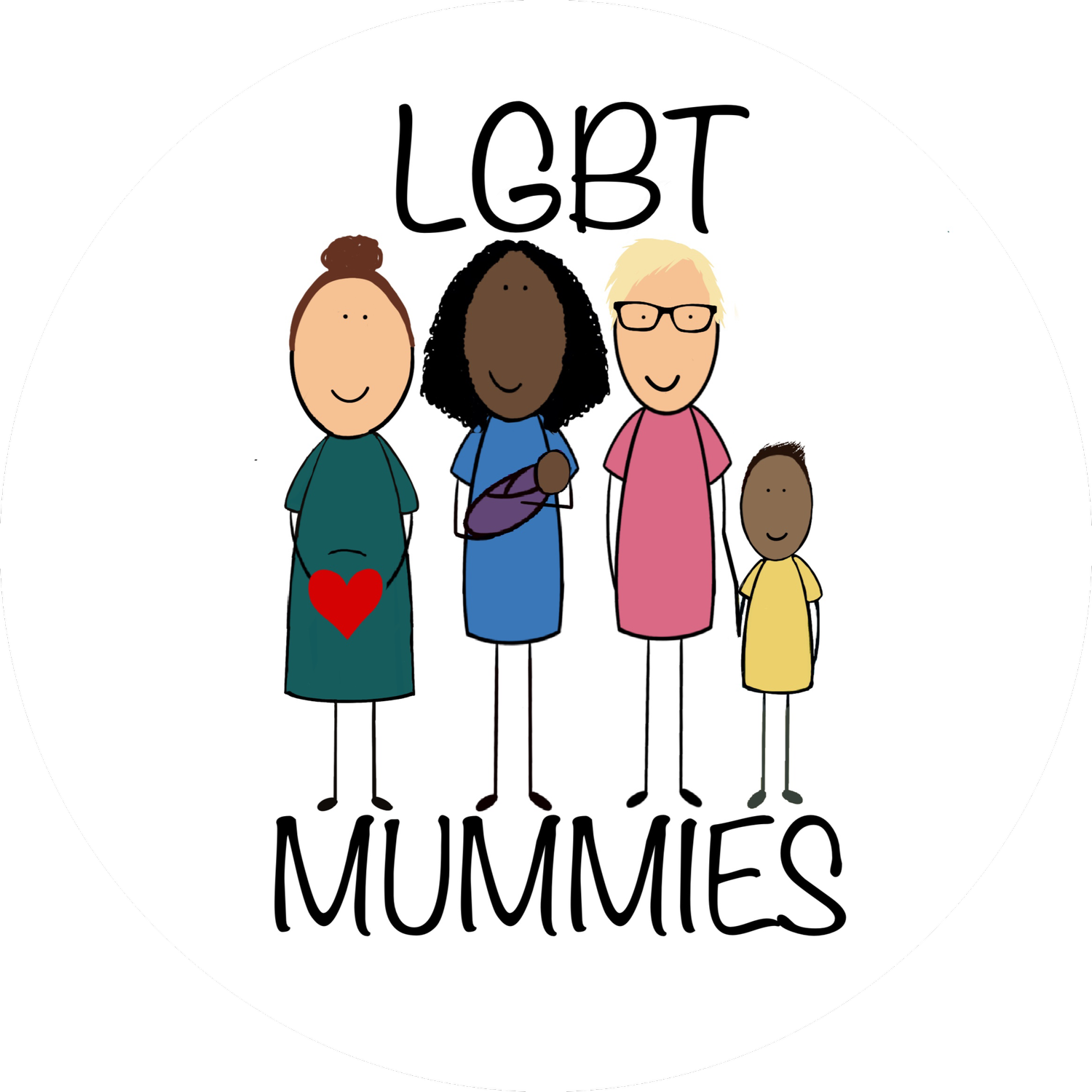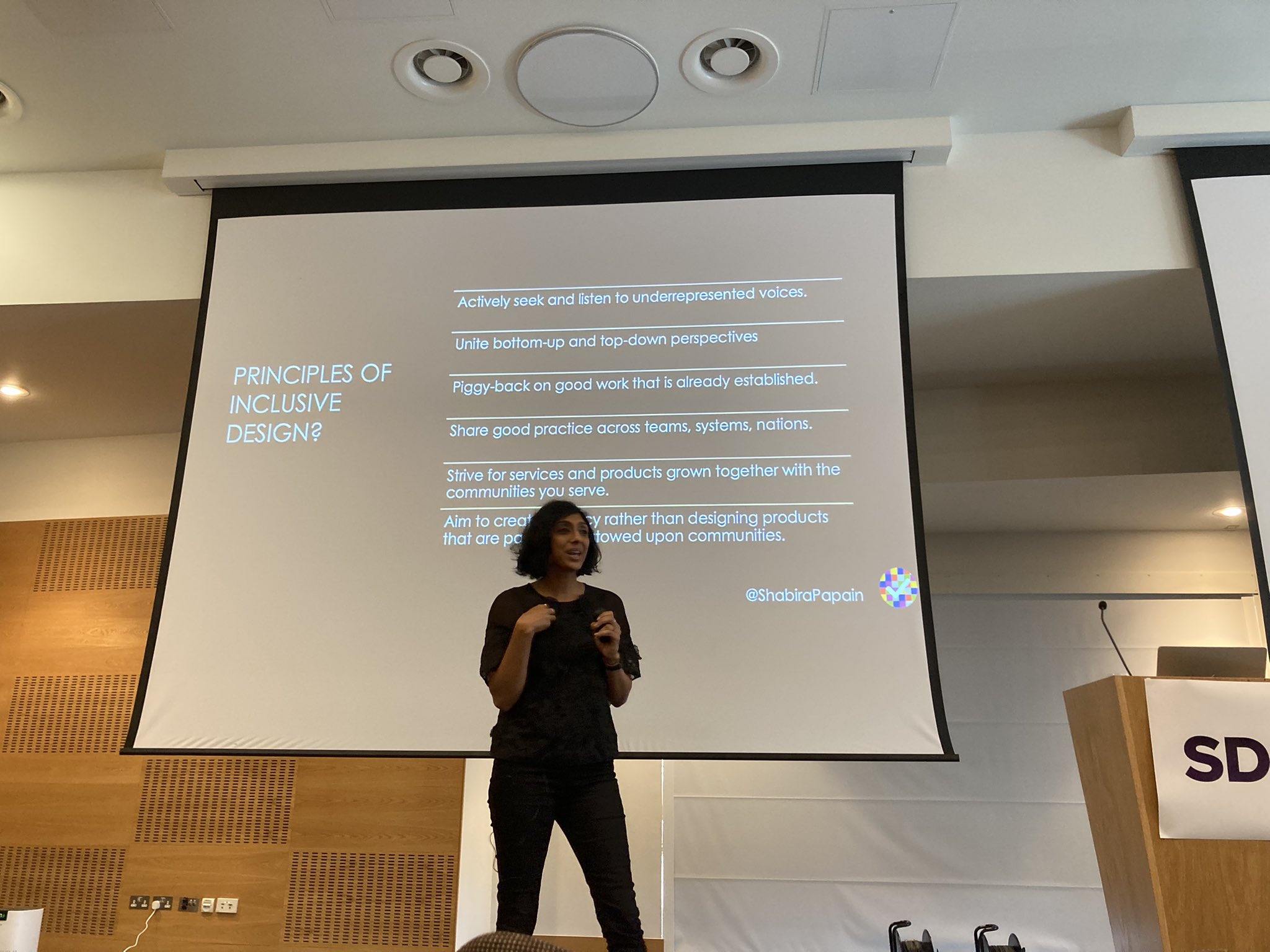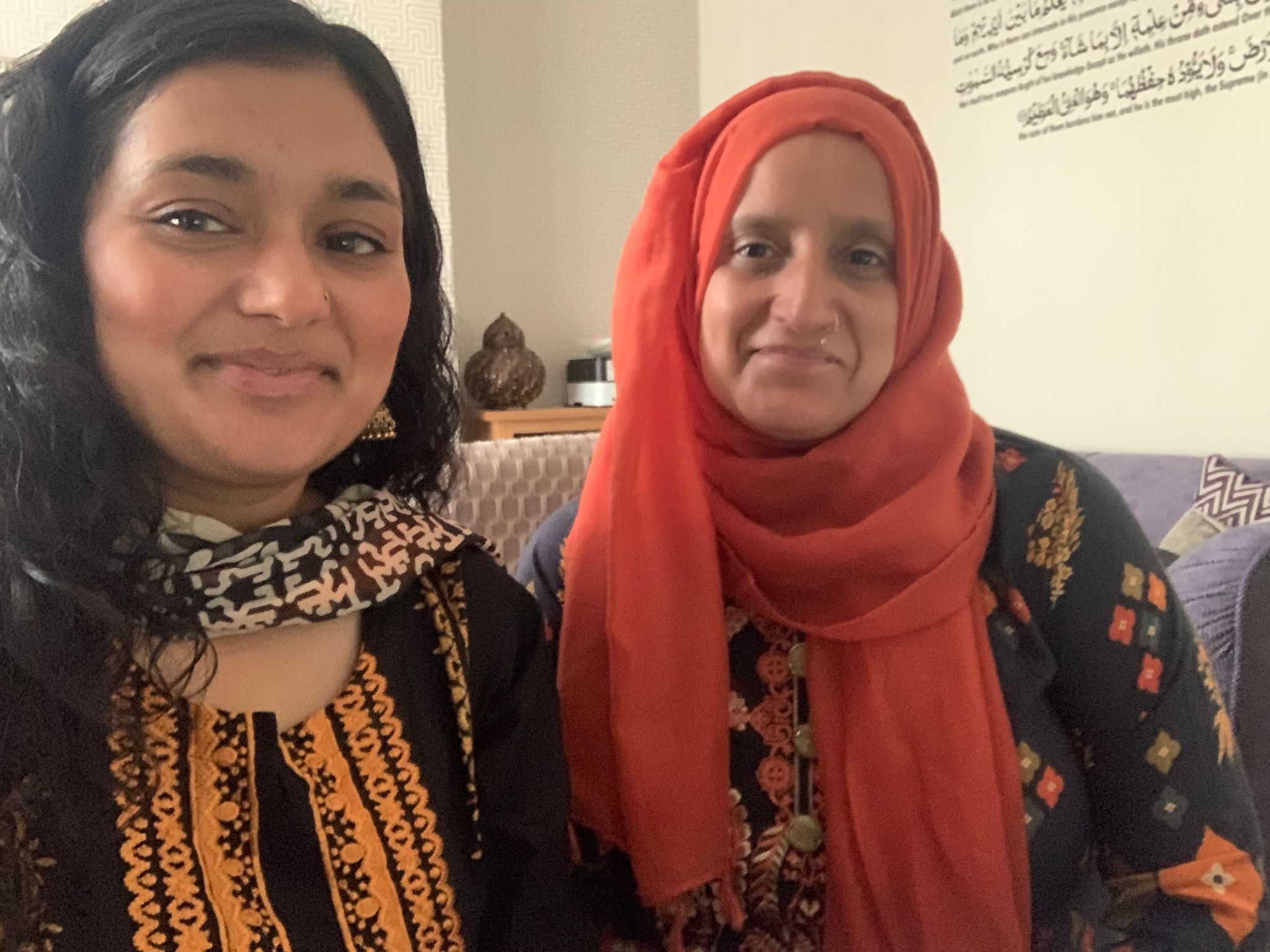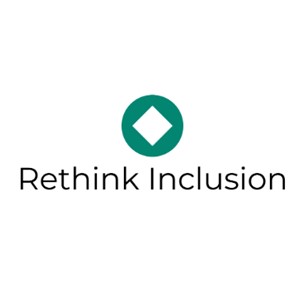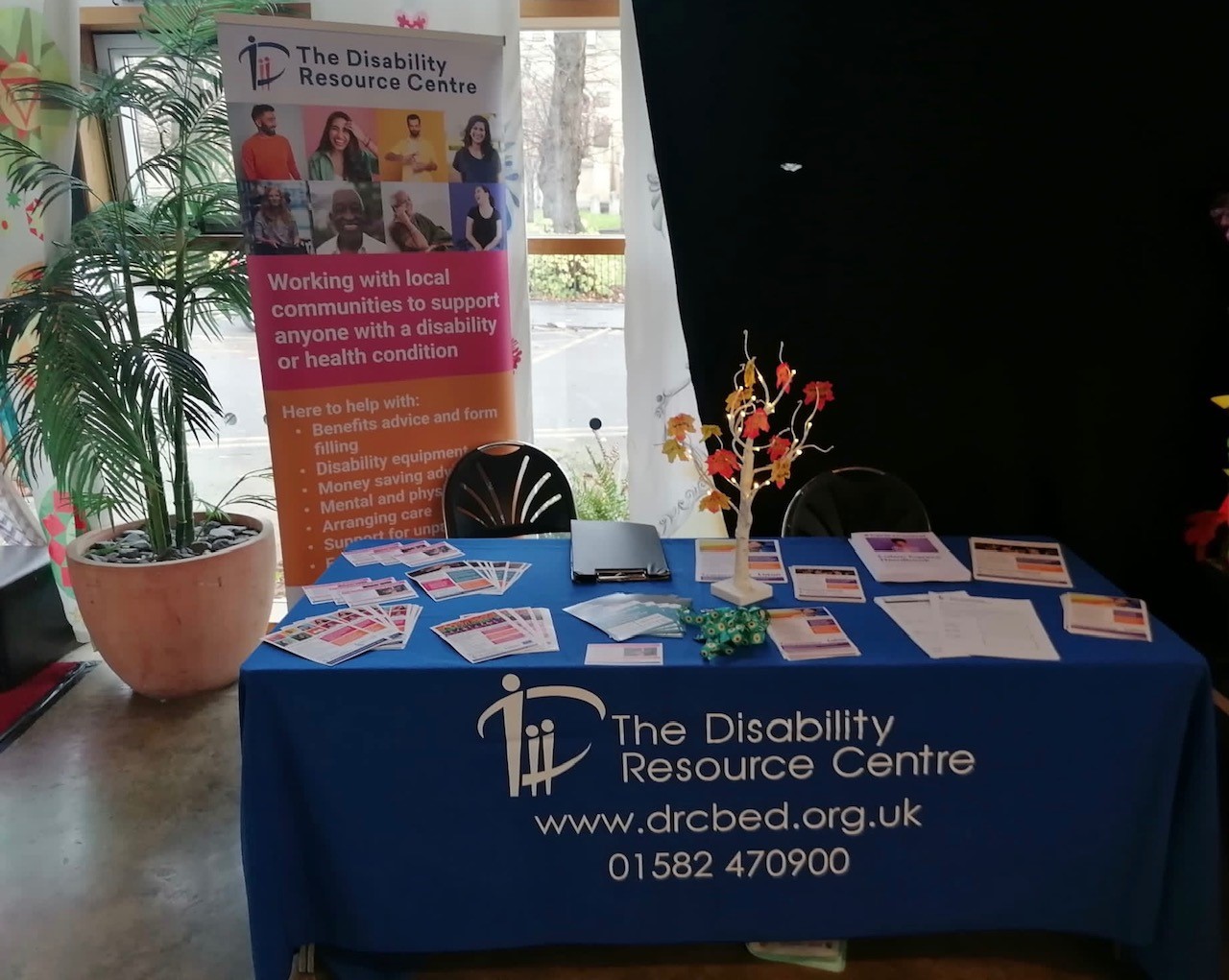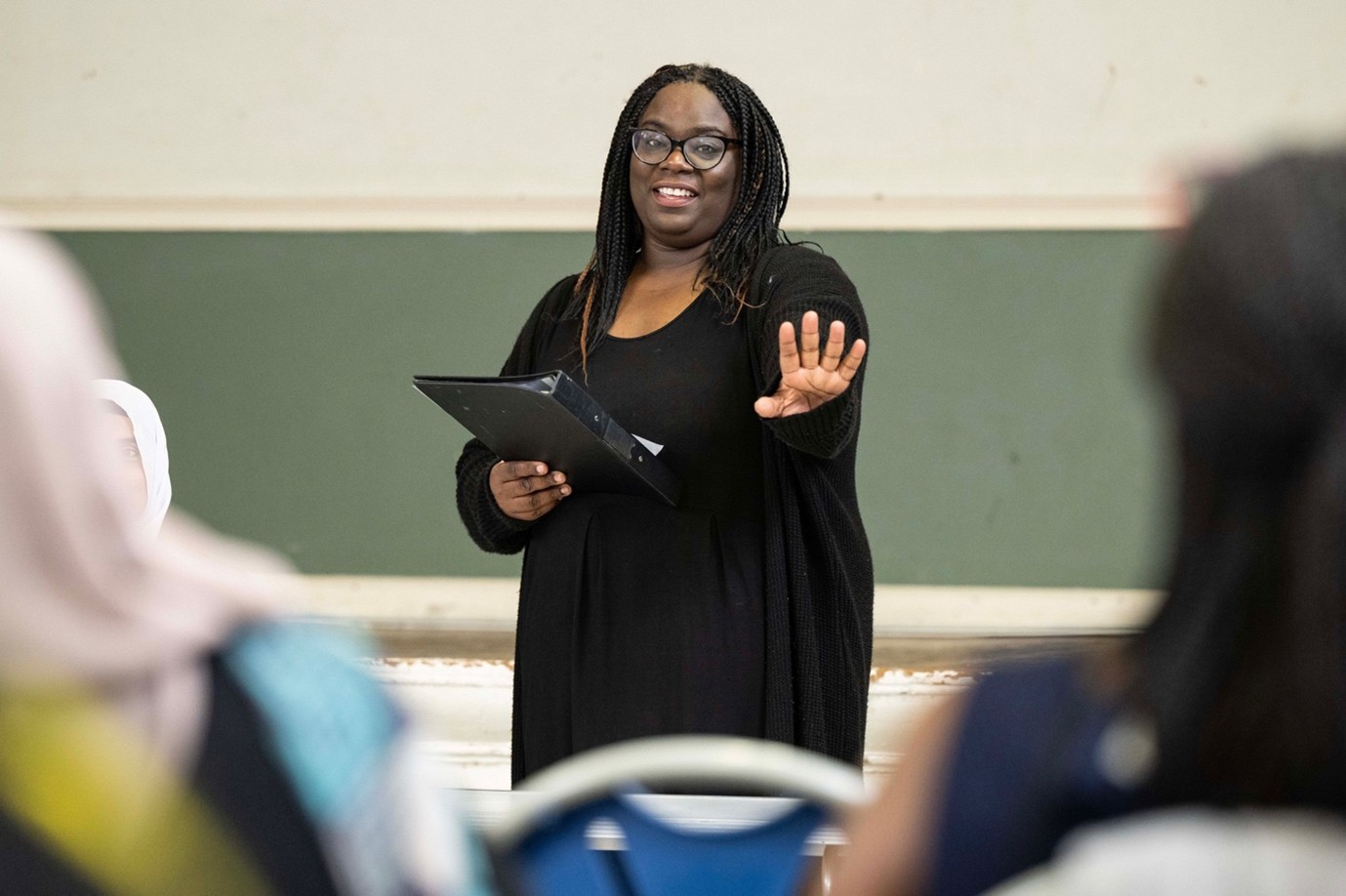Creating Accessible Healthcare
Creating culturally competent and inclusive healthcare services is crucial for ensuring equitable health outcomes for all individuals, regardless of their background, beliefs, language, or identity. When healthcare services lack cultural awareness, patients may feel misunderstood or discriminated against, leading to mistrust, reduced engagement, and poorer health outcomes.
The importance of cultural competence is underscored by findings from the MBRRACE-UK (Mothers and Babies: Reducing Risk through Audits and Confidential Enquiries across the UK) reports. For instance, the 2023 report revealed that women from Black ethnic backgrounds were four times more likely to die during pregnancy or shortly thereafter compared to White women, and women from Asian ethnic backgrounds were twice as likely to die . These disparities highlight systemic issues within healthcare services that fail to adequately address the needs of diverse populations.
-
Provide Regular Training: Implement ongoing education on equality, diversity, and inclusion (EDI), including unconscious bias and cultural awareness, to equip healthcare professionals with the skills to serve diverse populations effectively.
-
Recruit Diverse Staff: Ensure that healthcare teams reflect the communities they serve, bringing a range of perspectives and experiences that enhance patient care.
-
Use Inclusive Communication: Offer information in multiple languages, utilize interpreters when necessary, and avoid medical jargon to make healthcare information accessible to all patients.
-
Engage with Communities: Actively listen to patients’ experiences through community engagement, feedback systems, and patient advisory panels, especially from underrepresented groups, to inform service improvements.
-
Adapt Care Practices: Modify healthcare delivery to meet cultural and religious needs, such as accommodating dietary preferences, gender-specific care requests, or prayer accommodations.
-
Implement Inclusive Policies: Develop and enforce policies that protect against discrimination and ensure equity in treatment and outcomes across all patient demographics.
By embracing these strategies, healthcare services can build trust, understand diverse needs, and actively reduce disparities, leading to better patient engagement, higher satisfaction, and improved health outcomes for all.
Good training through Together in Equity plays a vital role in supporting the development of culturally competent and inclusive healthcare services. This initiative focuses on embedding equity and inclusion into everyday healthcare practice by providing staff with the tools, knowledge, and confidence to challenge bias, understand health inequalities, and deliver care that meets the diverse needs of patients.
Importantly, Together in Equity supports trauma-informed delivery, acknowledging that training on topics like discrimination, domestic abuse, or victimisation can be emotionally challenging. It provides safe, supported spaces—often beyond standard e-learning formats—where staff can learn, ask questions, and process difficult content in a respectful and inclusive environment.
By integrating this kind of training into healthcare settings, organisations can move from simply being non-discriminatory to being actively anti-discriminatory and equity-driven. This is key to addressing the root causes of health disparities, improving patient care, and ultimately saving lives.
‘It’s OK to ask’ Maternity Cultural curiosity films. The lived experience of diverse communities told by people from the community, industry professionals and midwives.



